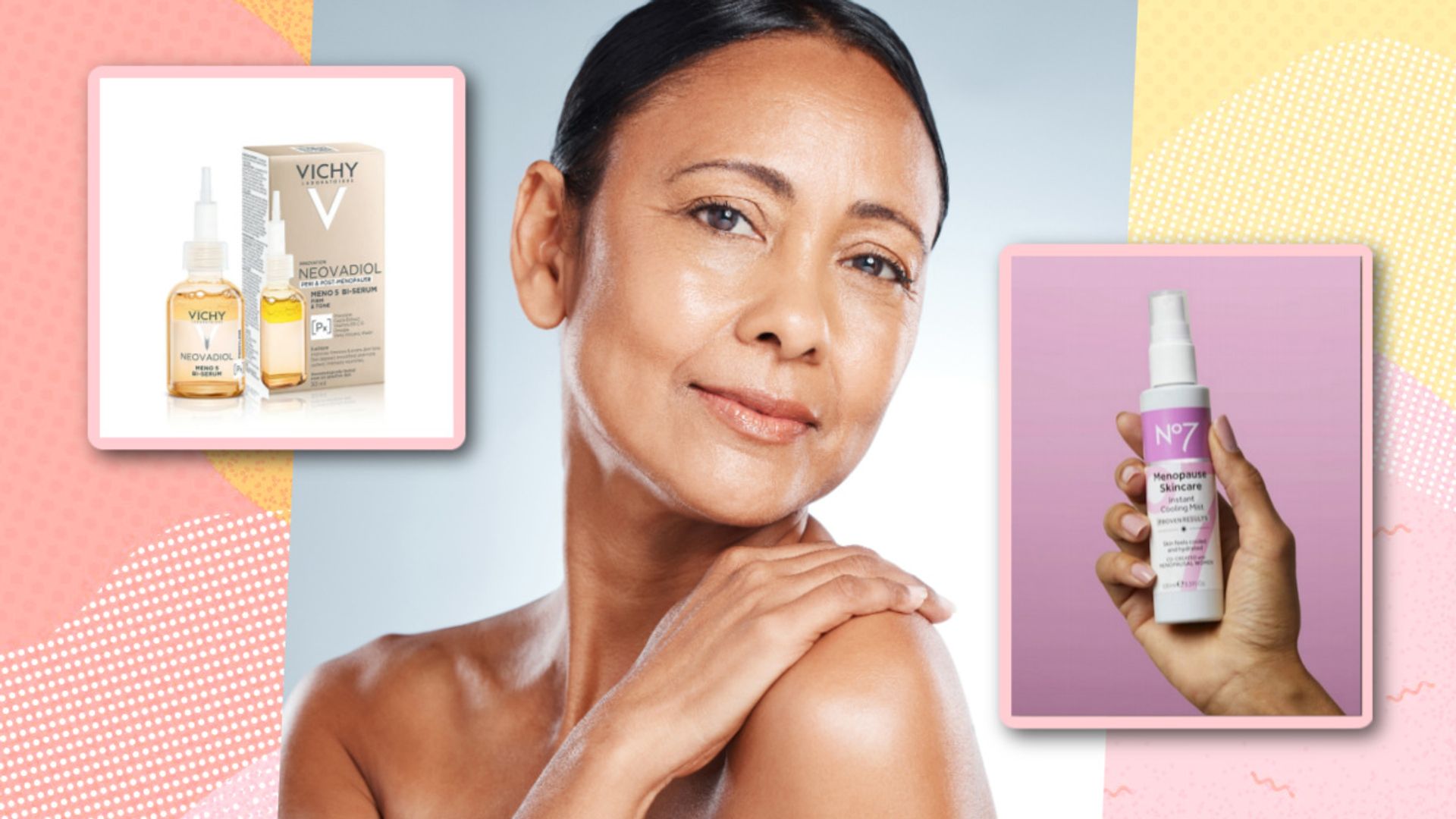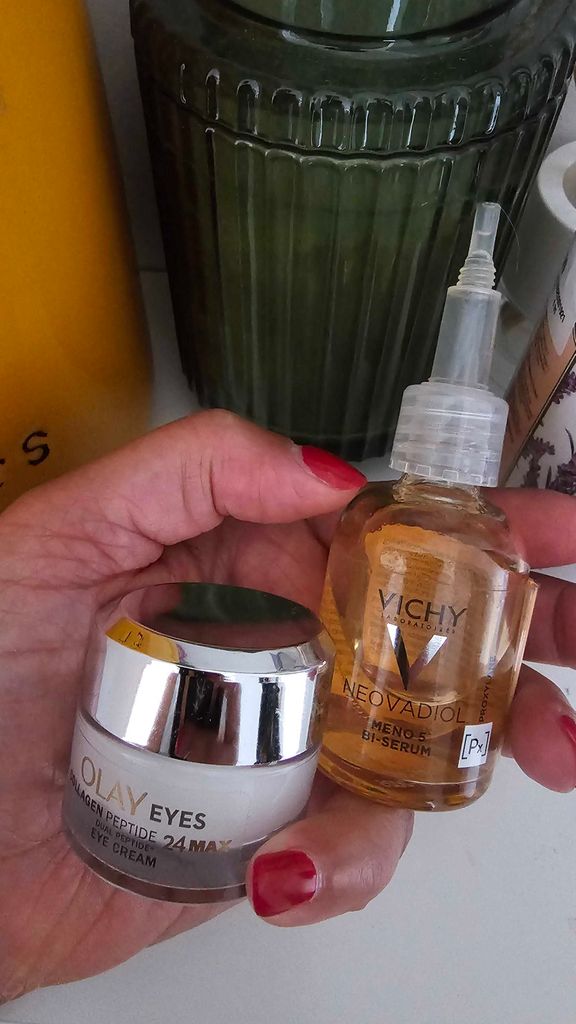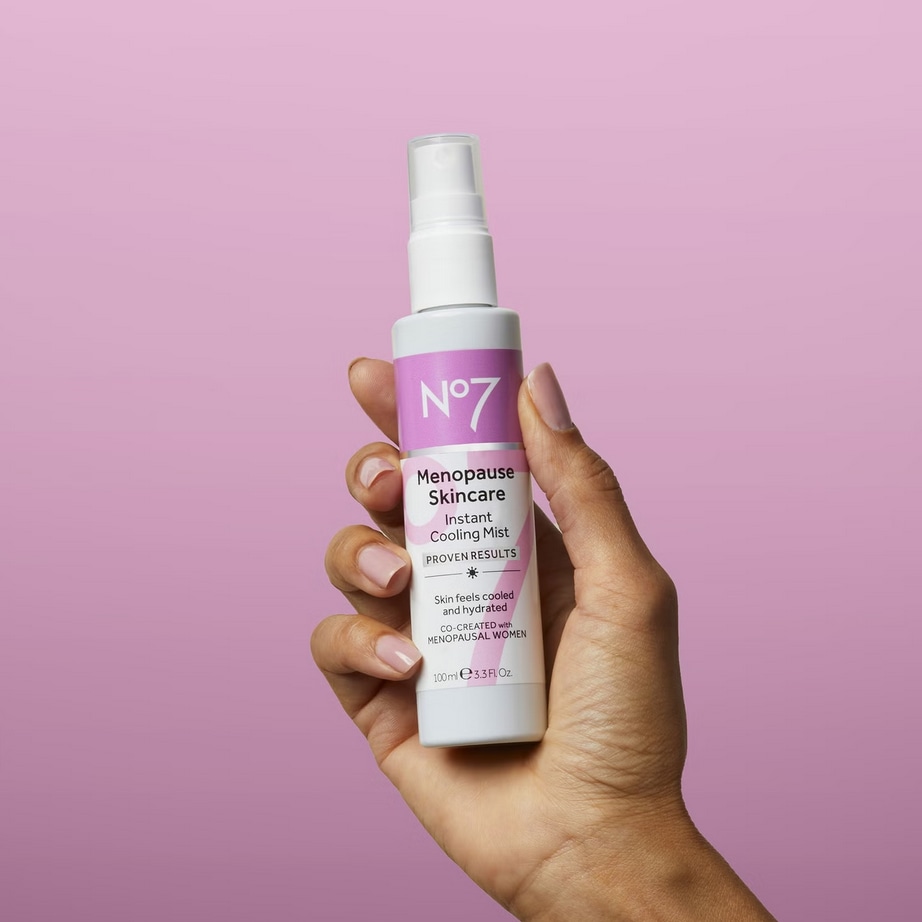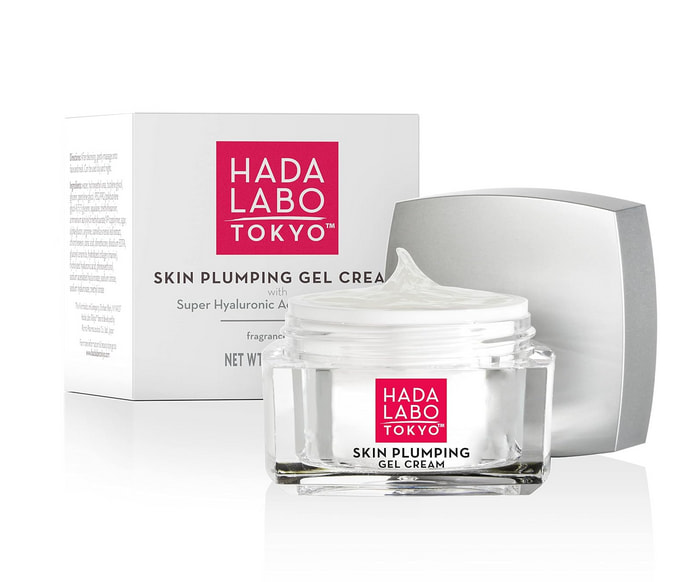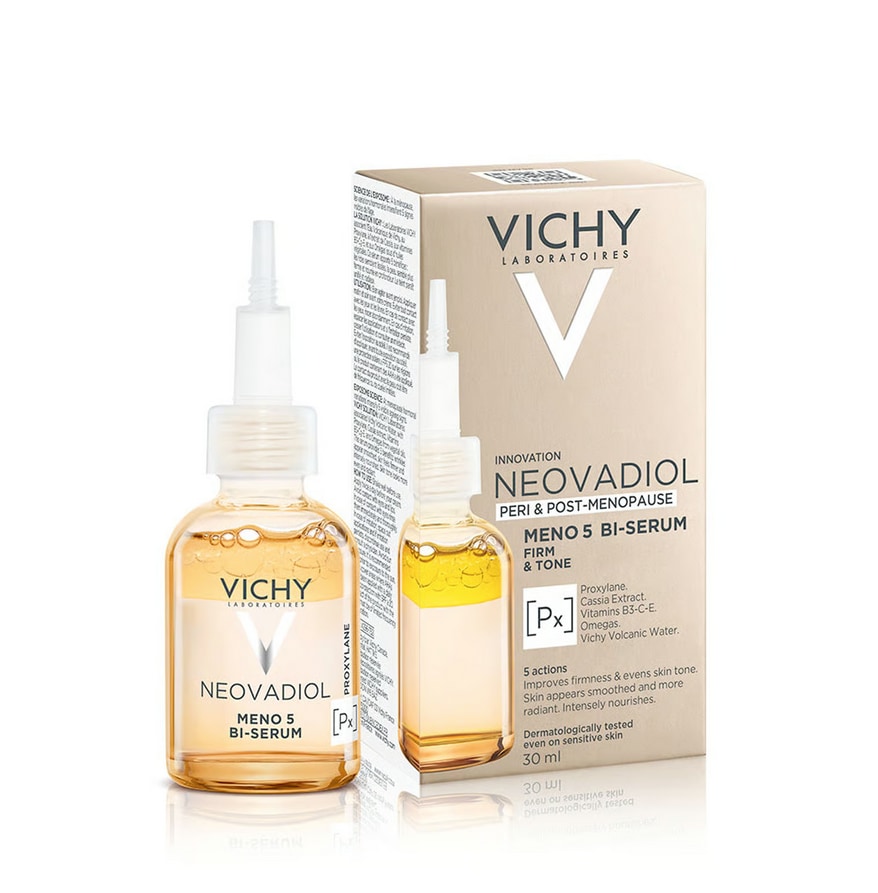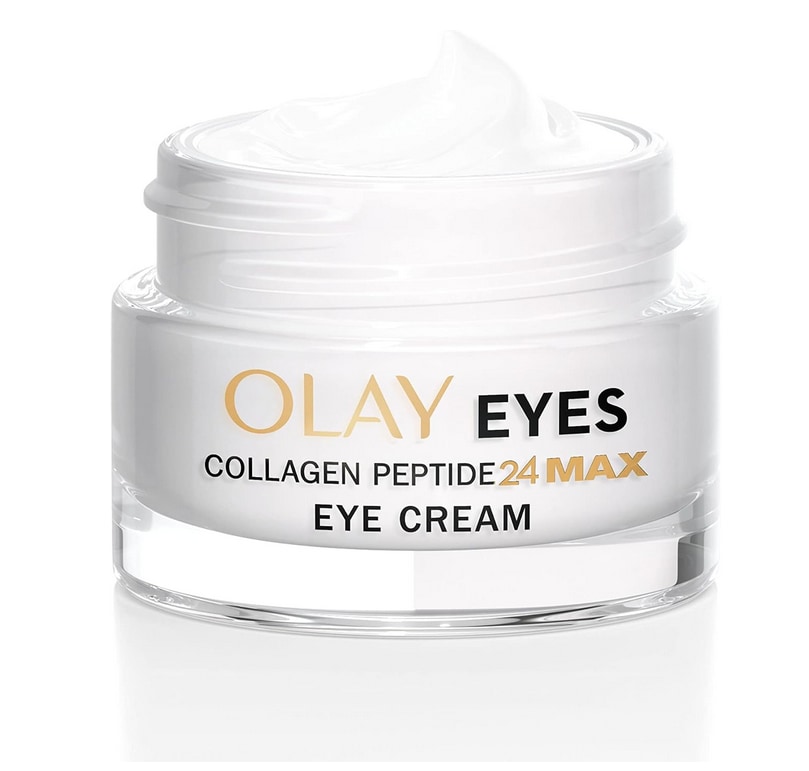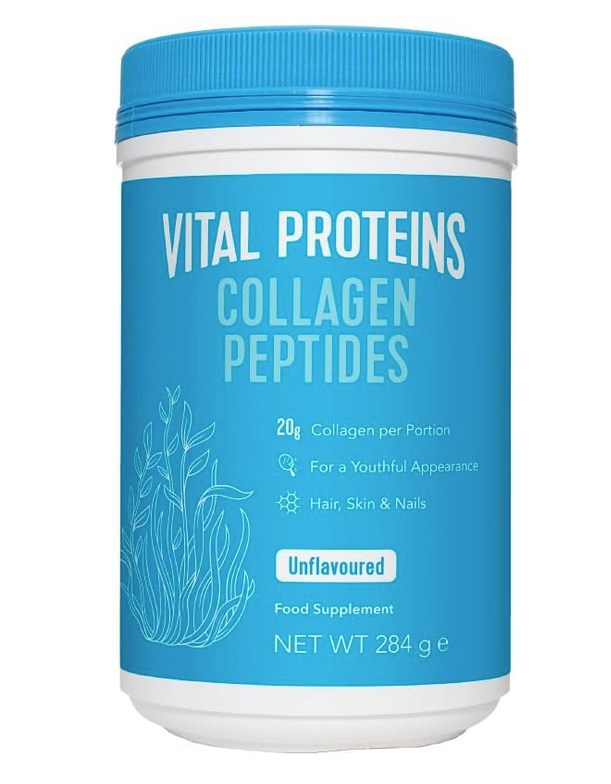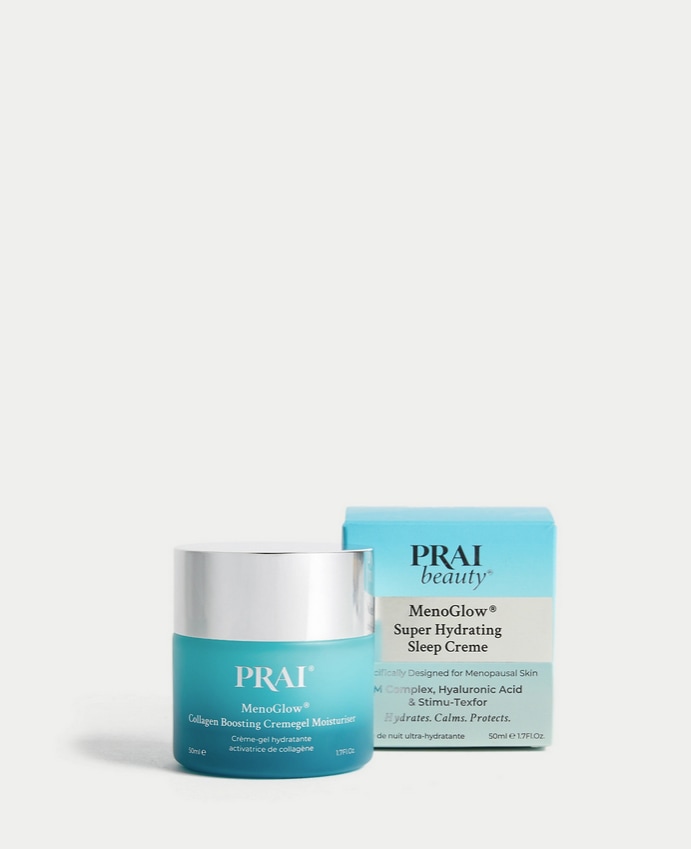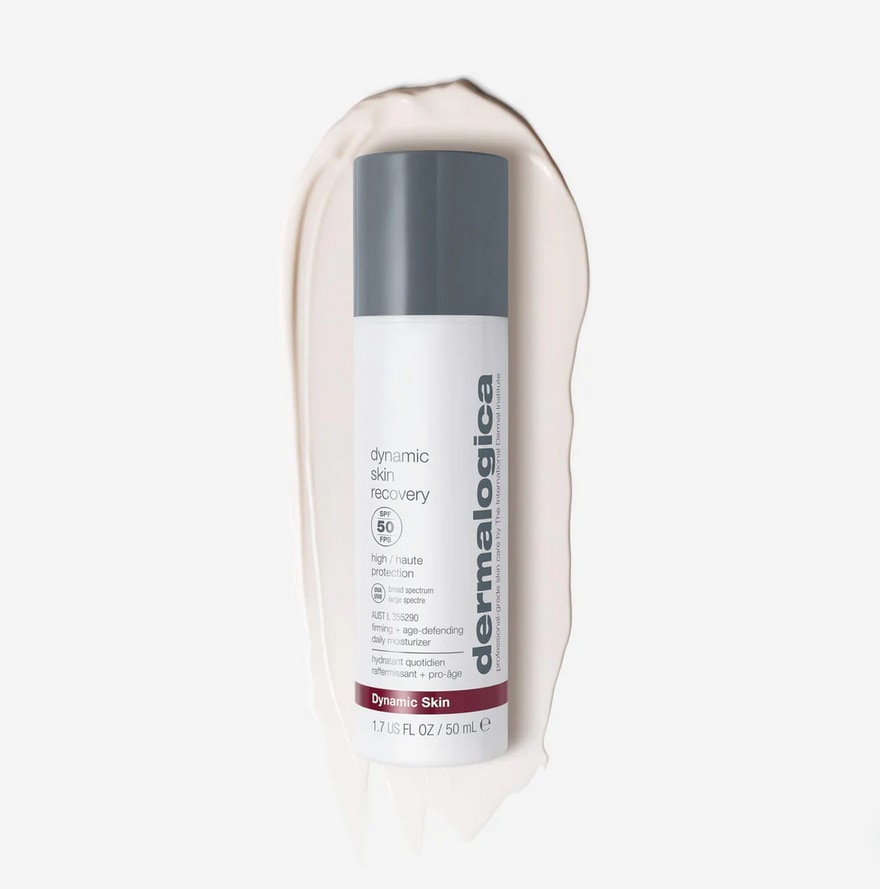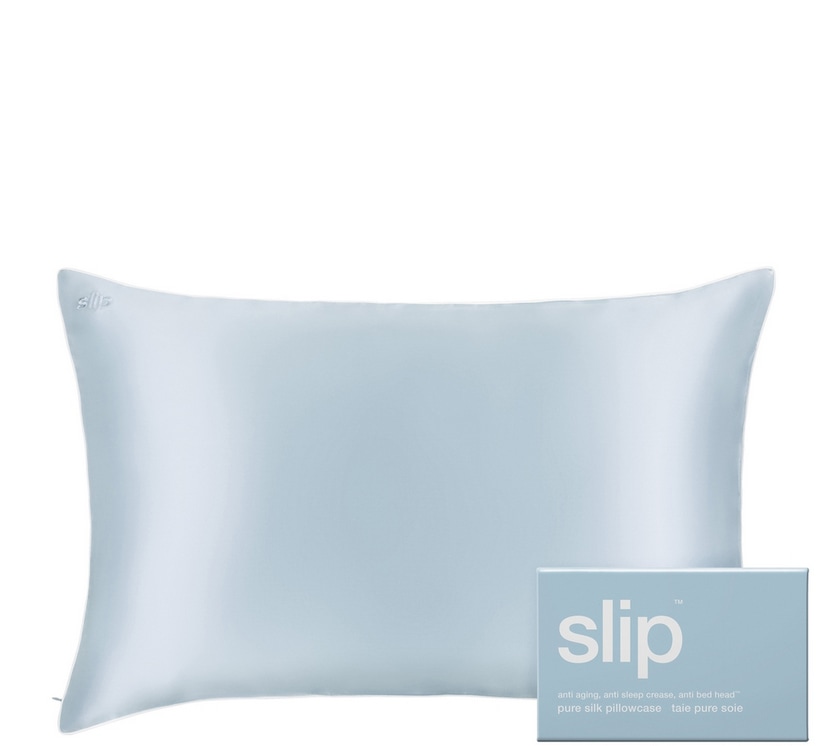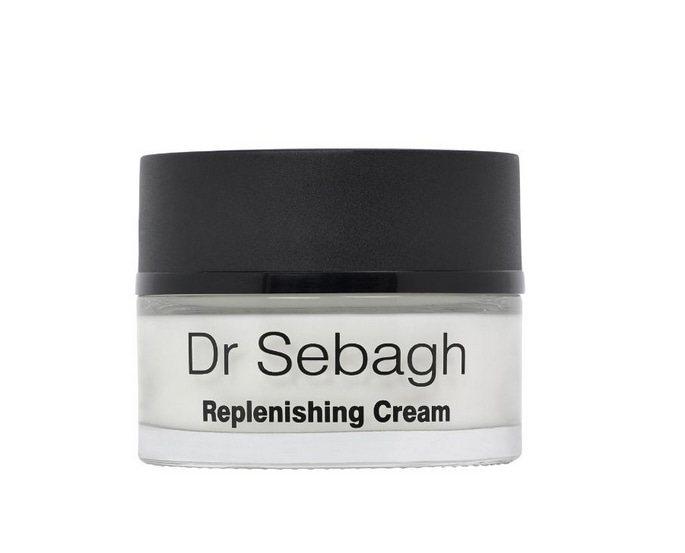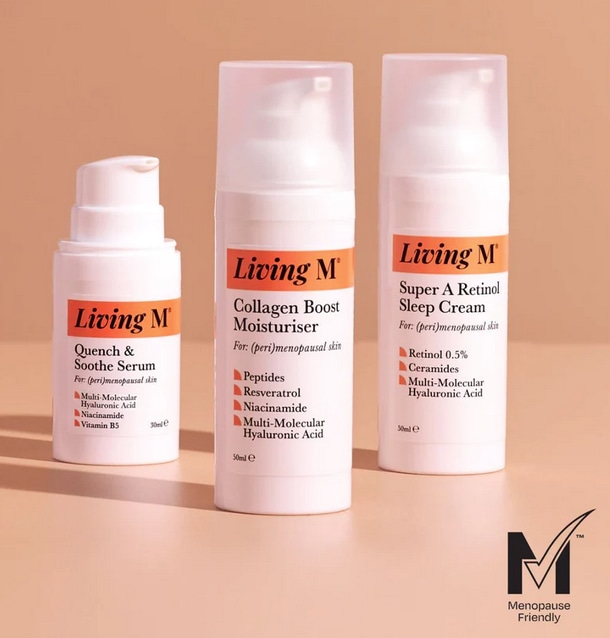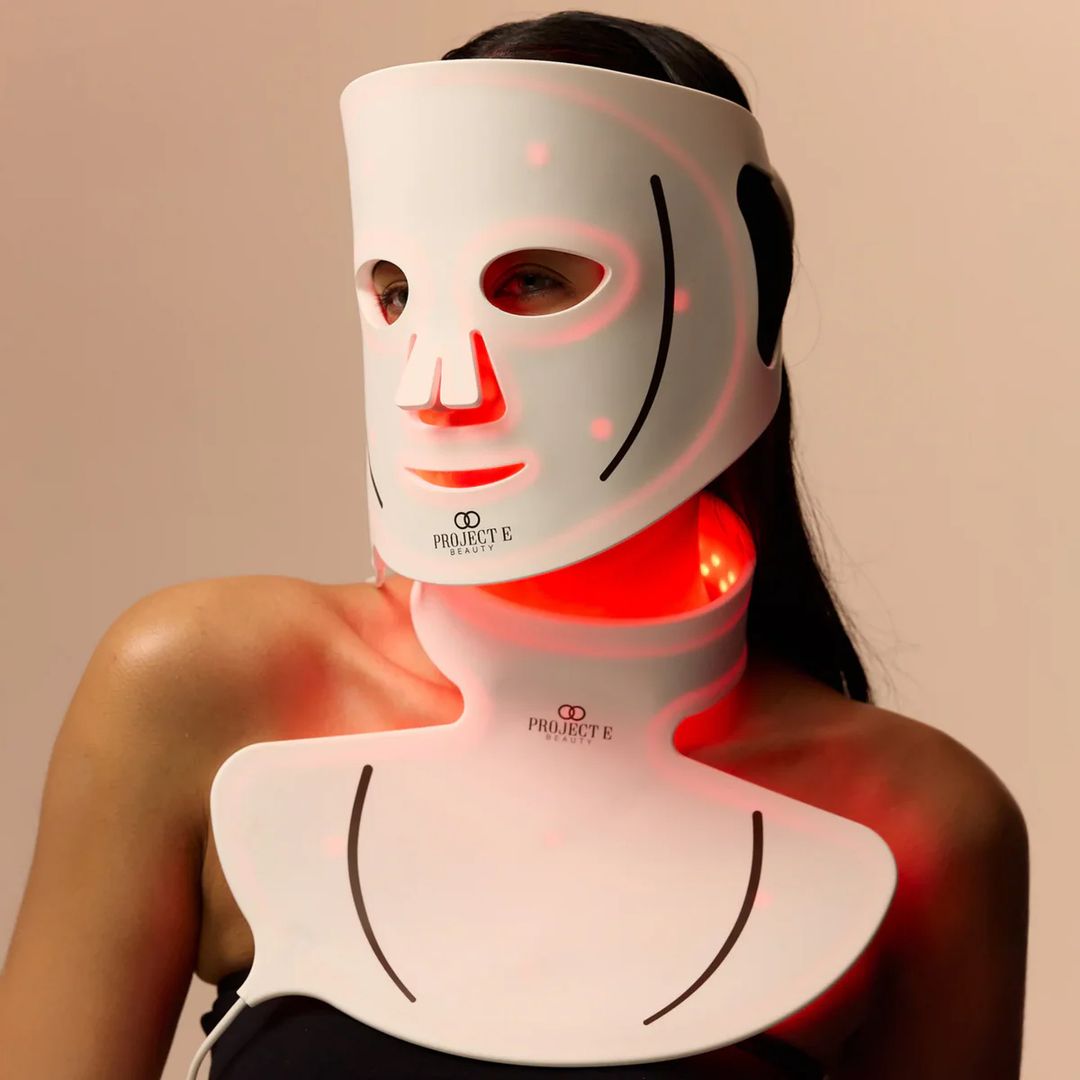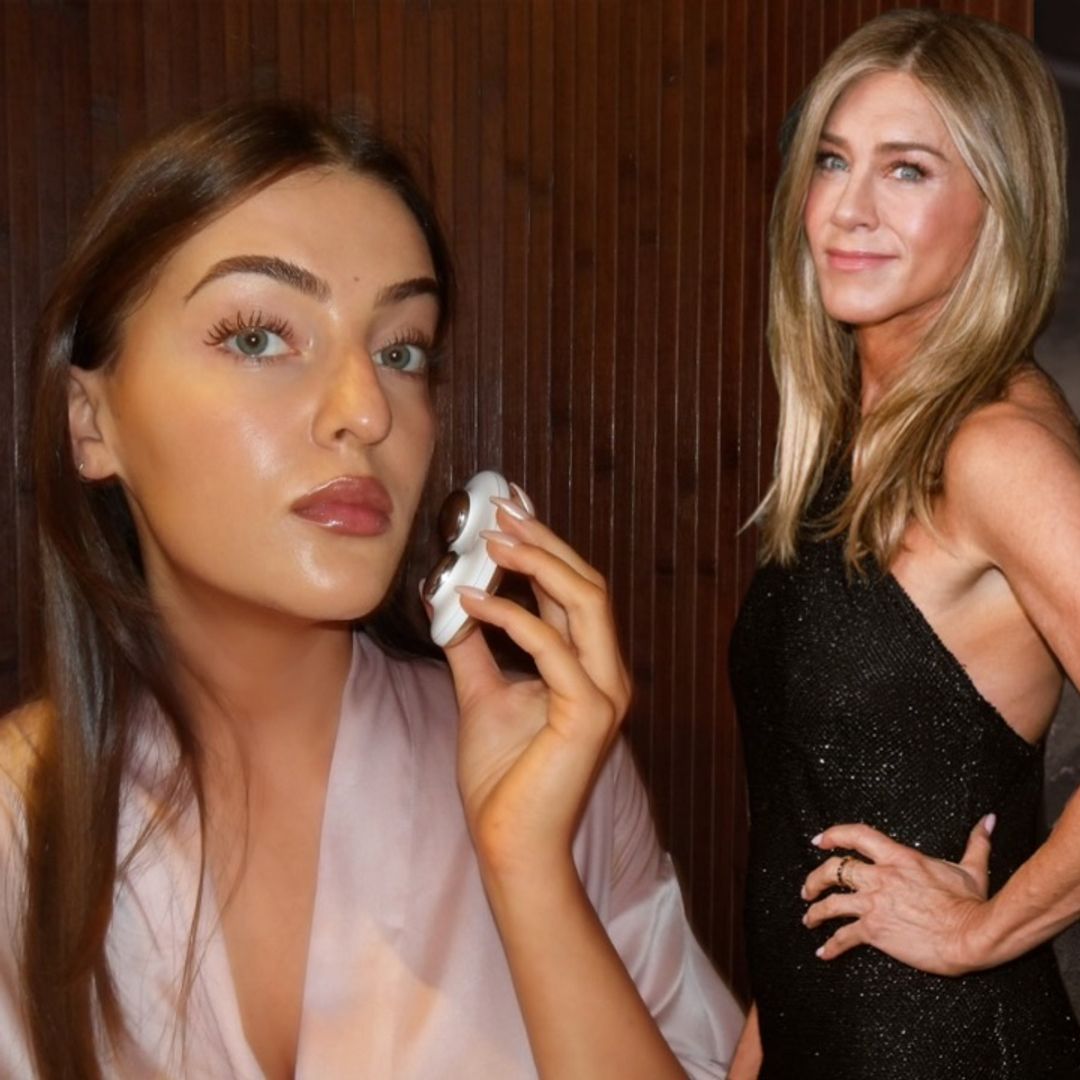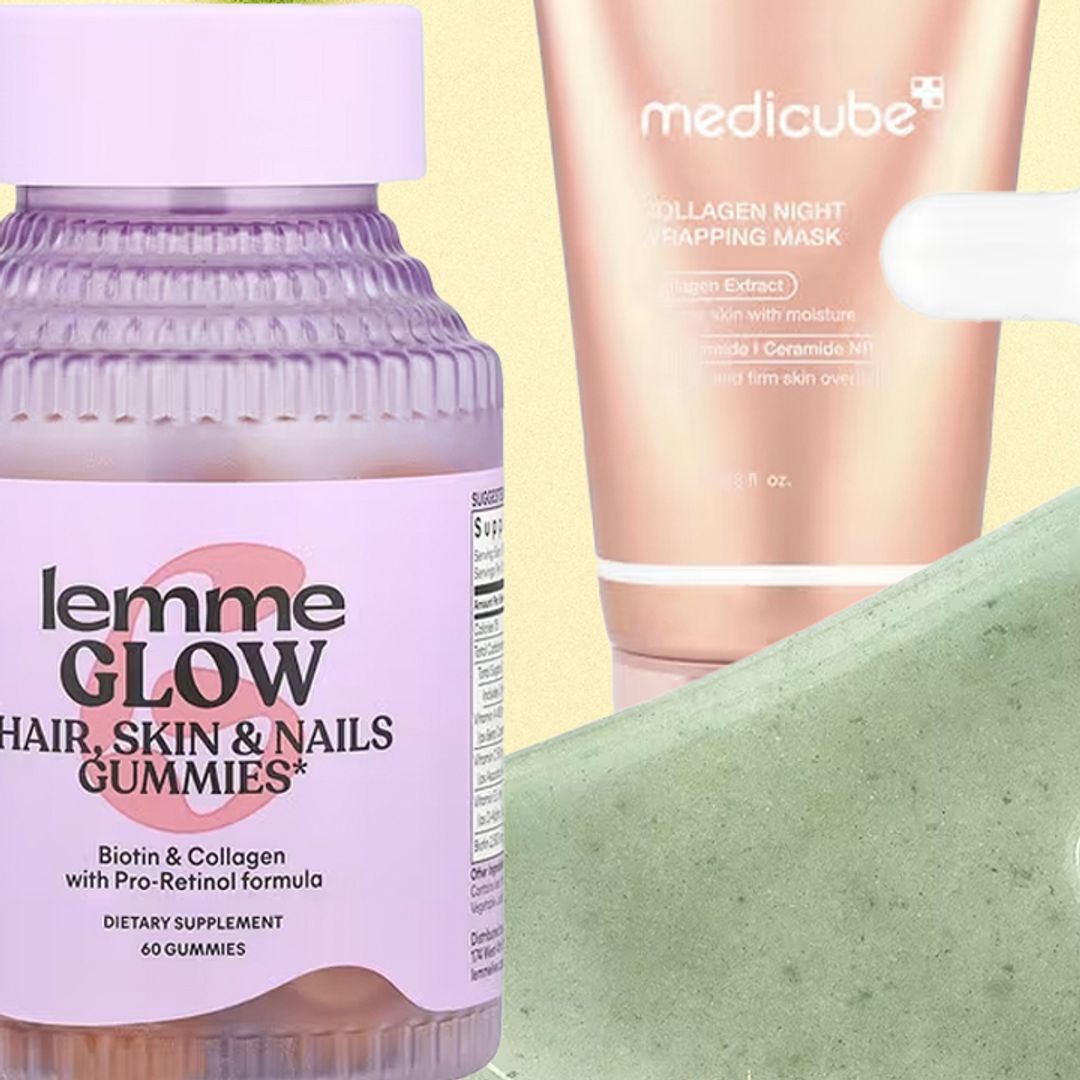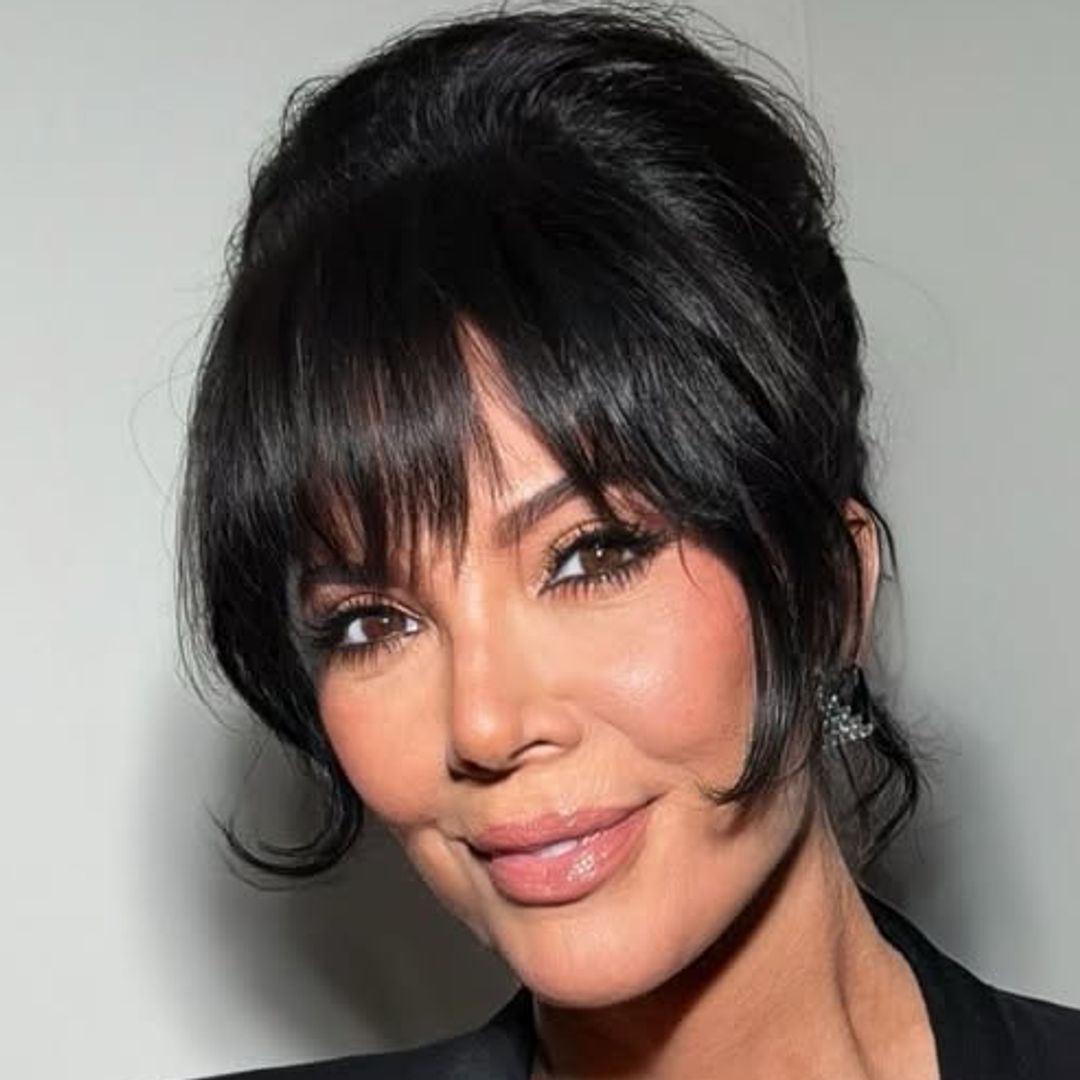As someone going through perimenopause myself, I've been pretty shocked at how dramatic the changes have been - and unfortunately one that you're reminded of every day when you look in the mirror is your skin.
If you've hit the menopause, or when you're in the midst of perimenopause, chances are you too are finding that your skin is behaving in ways it never has before, and not in a good way, meaning that some of your holy grail skincare products might not work for you anymore.
It's a disconcerting feeling to suddenly have a whole new body to figure out and get used to. Just like during puberty and postpartum, the menopause causes your hormone levels to be all over the place with the imbalance resulting in a complexion - and new skincare challenges - that might be wholly new to you.
- Cooling mist: Boots No7 Menopause Cooling Mist, £14.95 / $14.99
- Trending: Hada Labo Tokyo Plumping Gel Cream, £21.99 / $19.99
- Serum: Vichy Neovadiol Meno 5 Serum for Menopausal Skin, £43 / $39
- Eye cream: Olay Collagen Peptide 24 Eye Cream, £19 (SAVE 50%) / $16.78
- SPF: Dermalogica Dynamic Skin Recovery SPF 50 Moisturiser, £75 / $79
- Collagen: Vital Proteins Collagen Powder, £24.39 / $20.52
- Moisturiser: Dr Sebagh Replenishing Cream, £72 / $87
How does the menopause affect your skin?
Personally, my skin has become dryer, saggier, itchier and duller (sounds great, doesn't it?) and I'm finding that in this new stage of my life that some skincare go-tos that I've sworn by forever are no longer working for me. As a result, it has been a case of trial and error to find a new skincare routine and products that work for me now, in this stage of my life.
Luckily discussing the complications of menopause and perimenopause is no longer taboo. The beauty industry has taken note, too, and brands are now developing the types of specialised skincare options we need.
But where to start? Well, I'm on the learning curve myself, which is why I consulted with Simone Thomas, founder of Simone Thomas Wellness and author of Healthy Hair, Happy Body to find out the answers to my questions - and ones that I'm sure that you have too!
Which skin care challenges are most common during the menopause?
It turns out my own concerns are pretty common ones, as confirmed by our expert. "As women age and go through hormonal changes, their skin often experiences increased dryness, loss of elasticity, fine lines, and volume loss, particularly in delicate areas like the under-eye region," says Simone. "During menopause, hormonal fluctuations can lead to a decrease in collagen production and moisture retention in the skin, contributing to the visible signs of ageing. Additionally, factors such as reduced estrogen levels can result in decreased skin thickness and elasticity, making the skin more prone to sagging and wrinkles."
Among the skincare challenges caused by hormonal fluctuations are increased redness and sensitivity, dehydration leading to fine lines and wrinkles, loss of firmness and plumpness, acne and breakouts, as well as exacerbation of conditions like eczema, psoriasis, and rosacea. You may also notice increased unevenness and pigmentation, itchiness, and a duller complexion.
What types of ingredients are most beneficial in menopausal skin care?
I personally have found that calming and nourishing skin care products in particular have really helped my skin and, as Simone explains, there are certain ingredients that are key when it comes to caring for perimenopausal and menopausal skin.
"Look for ingredients such as hyaluronic acid for hydration, antioxidants like vitamin C and E for protection against environmental stressors, niacinamide to strengthen the skin barrier, and gentle exfoliants like alpha hydroxy acids (AHAs) or beta hydroxy acids (BHAs) to promote cell turnover.
"Natural ingredients such as aloe vera, chamomile, and oat extract can also help calm inflammation and soothe sensitive skin."
What steps are essential in a menopause skincare routine?
They say that when it comes to beauty, the inside is just as important as the outside, and that goes for caring for your skin too.
When it comes to what you can do to take care of your skin externally, Simone advises:
- Cleanse gently, hydrate effectively, and protect the skin from UV damage with a broad-spectrum sunscreen;
- Incorporate serums or treatments targeted towards specific concerns such as collagen-boosting or brightening;
- Exfoliate regularly to promote cell turnover and use a rich moisturiser to combat dryness.
And for overall wellness, there are steps you can take, too:
- Focus on a balanced diet rich in antioxidants, probiotics, vitamins, and essential fatty acids to support skin health from within;
- Make sure to get adequate hydration, quality sleep and regular exercise, and practise stress management techniques;
- Body and face brushing to boost circulation.
How I chose the best menopause skincare buys
If you're wondering which products I recommend adding to your new beauty arsenal, keep scrolling! To create the edit I took the following under consideration:
- Targeted issue: From hot flushes to loss of collagen, there are a whole host of challenges that come with the menopause so there are a range of solutions included in the edit. You'll find suggestions for eye creams, serums, anti-ageing SPF moisturisers and more.
- Expert advice: The products incorporate recommended ingredients and in many cases are specifically formulated for menopausal and perimenopausal skin.
- Personal experience: I've included products that I've personally recently added to my beauty arsenal, as well as trending and recommended menopause skin care products I've come across as a shopping expert.
- Price: We understand that the desire or ability to invest in menopause skin care depends on you, your philosophy and your budget, so there are a range of price points included in this list. Take it from me, sometimes even the smallest (and most affordable) product, like a cooling face mist, can be a game changer.
- Verified ratings and reviews: We've scoured reviews from verified shoppers and won't include any products that receive a less than stellar average rating.
